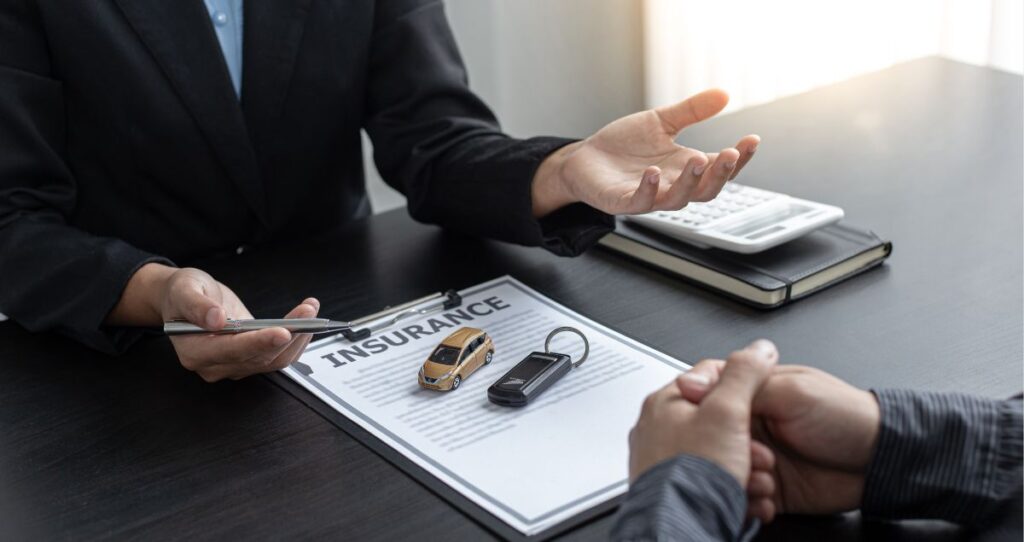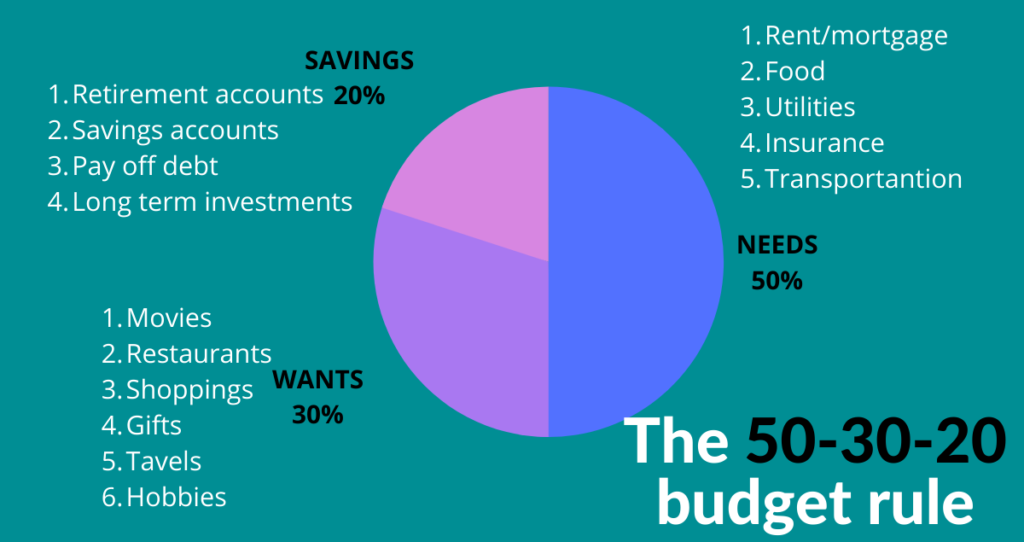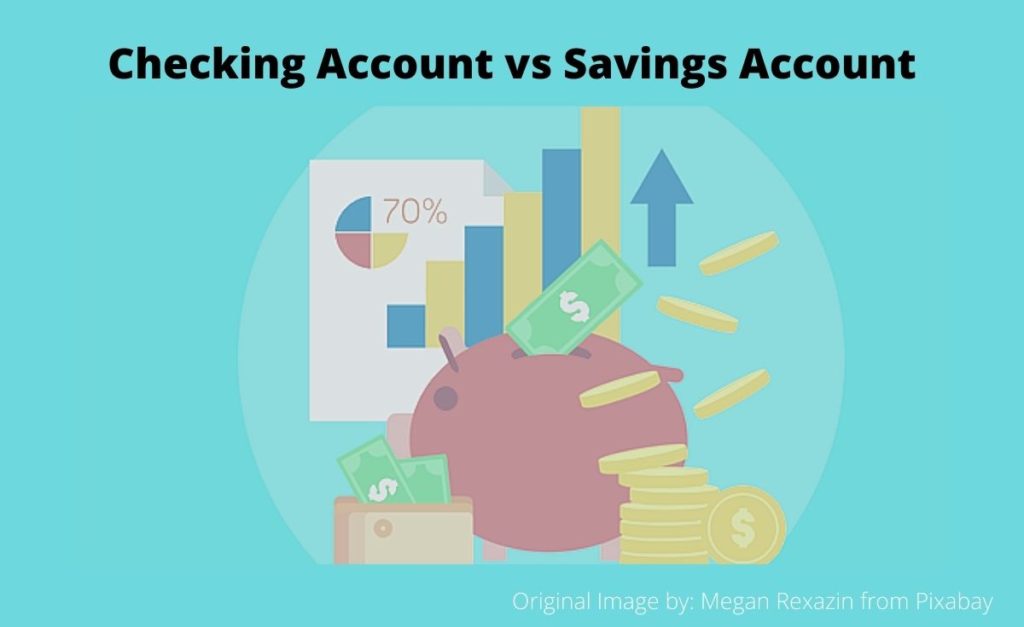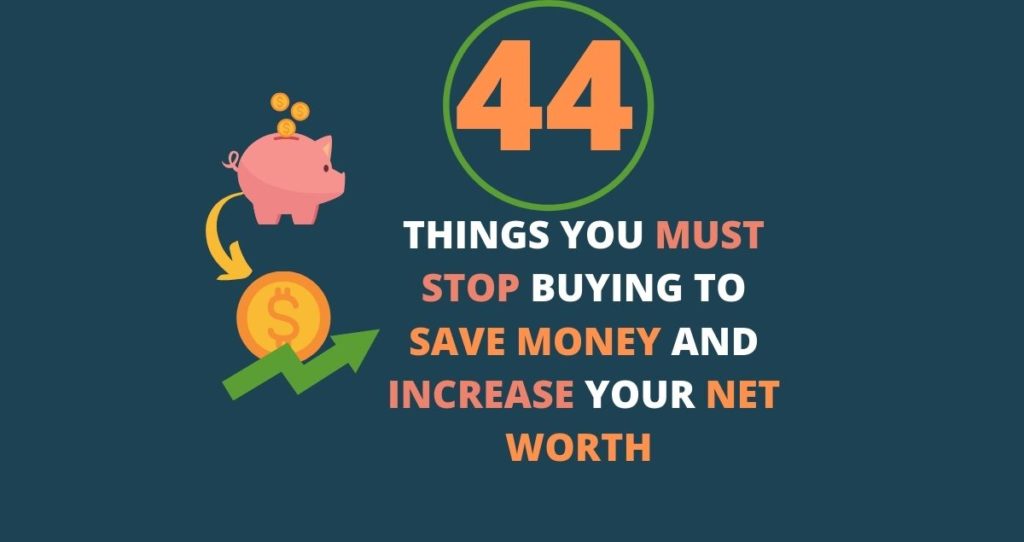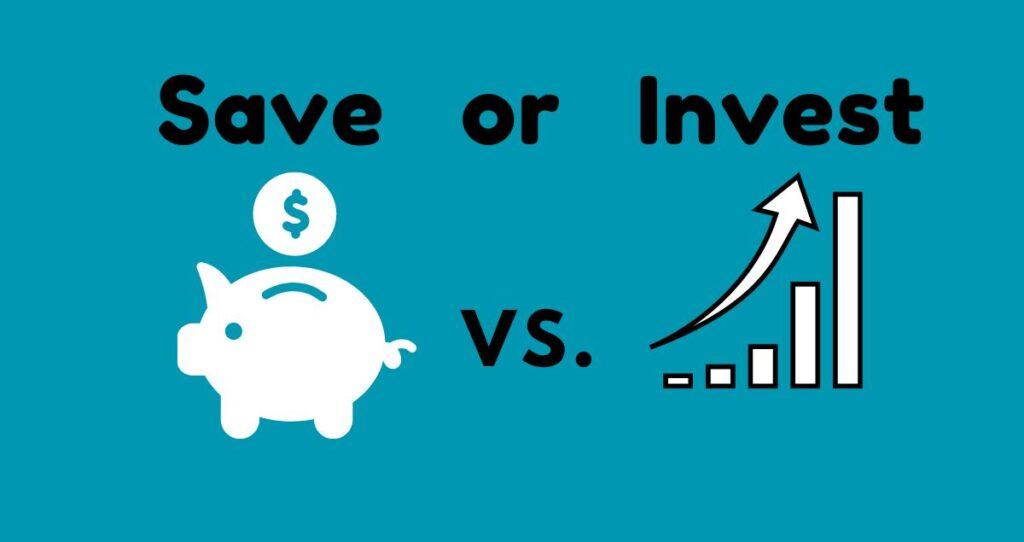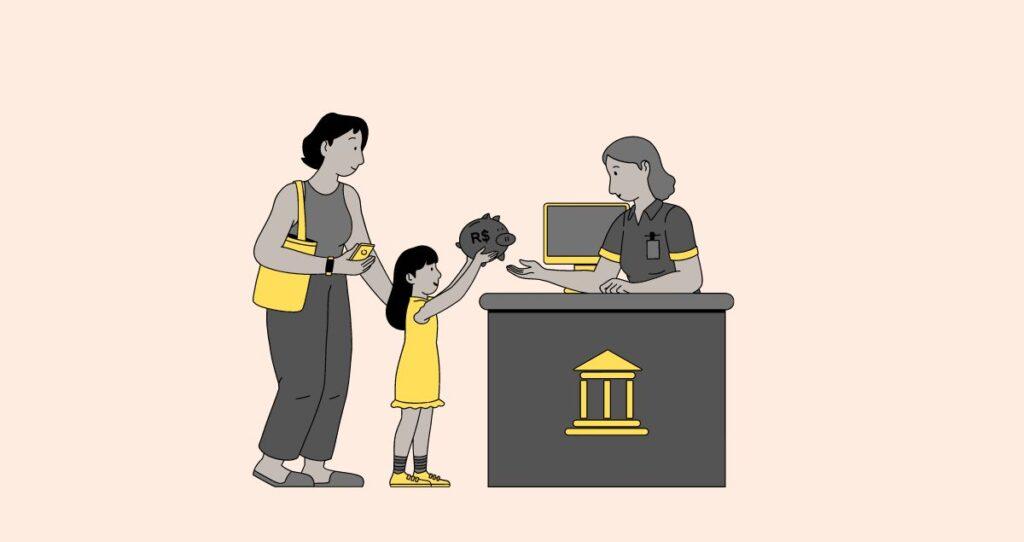Having car insurance is probably one of the best decisions you will ever make before you sit behind the wheel. The insurance will help you take care of all or some medical expenses and property damages from the accident you are responsible for. You might also get some legal support, should you get sued due to extensive damages from the accident. Finding the best car insurance, however, is a bit of a challenge. With countless providers all over the place, it is hard to separate genuine insurance providers from those designed to reap you off.
Your insurance premiums will depend on many factors such as the car you drive, the make and model, the year it was made, where you live, your age, driving experience, etc. In order to secure the cheapest car insurance, you will need to balance the risk you are willing to take and the rewards you are getting. In addition, you will need to take advantage of every discount you qualify for such as student discounts, active duty personnel, veterans, electing automatic payment, etc. You might also need to avoid some policies to lower the cost of your insurance. For example, if you have a very old car, it would not make sense financially to have full coverage.
If you want to find the right insurance that offers greater benefits and protection, this article will be your guide. Without further ado, the following are 7 tips to find the best car insurance.
You might also like: How to get the best car loan rates?
1. Compare multiple quotes
Shopping for car insurance is like finding a need in a haystack. Although there are multiple and well-established car insurance companies, you don’t just need to go with one of them just because everyone is talking about it. Some of the top names in auto insurance businesses include Geico, State Farms, Progressive, USAA, Liberty Mutual Insurance, Farmers, and many more.
Does that mean you just need to sign up with any of these insurance companies? The answer is no. You still need to compare multiple quotes and choose the cheapest car insurance possible. These companies use different algorithms and applied different weights to information from your credit profile. So, by getting multiple quotes, you get to see where you are saving money or who is ripping you off.
Your job is to find the best auto insurance company. Being a good insurance premium does not necessarily mean cheap insurance in dollar value. Instead, it means the policy that gives you more coverage and benefits given the amount you are paying.
Sometimes, you need to look for local and smaller insurance providers to get the cheapest car insurance. Local insurance companies usually offer competitive rates in order to compete with big and well-established companies. The fact that these insurances are also local, they might offer better offers designed for your particular environment that big-name companies cannot beat.
2. Get your car insurance discounts
One of the most effective ways to get the best car insurance is to take advantage of insurance discounts you qualify for. For example, if you are a student, you might be able to lower the cost of your car insurance by getting good grades. You can also qualify for multiple discounts by getting good grades, choosing electronic services, and electing autopay. Check among the following list and apply for all car insurance discounts you qualify for.
- Students with good grades
- Military personnel and veterans
- Drivers with no records
- Federal employees
- People who combine their car insurance with homeowners insurance under the same provider
- Drivers whose cars have airbags, antitheft systems, antilock brakes, etc.
- People who have taken driving courses
- People who bundle multiple cars under the same provider
- Drivers who unroll in autopay
- Drivers who choose electronic services
Car insurance providers generate your insurance quotes based on many factors. It is all about risk assessment. The riskier you are, the higher your insurance premium will be. Some of the factors that affect your insurance premium include your driving records, type of car, make of the car and its model, your credit profile(in some states), where you live, etc.
- The vehicle you drive, its model, and the year it was made. The car you drive directly affects the cost of your coverage. For example, sports cars come with higher premiums compared to regular vehicles. This is because owners of sports cars tend to drive very fast which increases the chances of accidents. Expensive cars also come with expensive car insurance due to the higher cost of replacing or fixing them in case of car accidents. In addition, older cars cost less to insurance providers due to the lower cost of replacement.
- Zip code. Zip codes that have higher collision and theft rates usually come with costly car insurance. Although you cannot change where you live for the sake of cheaper insurance, you might need to get an insurance provider who does not use this data in case you come from such a neighborhood.
- Your driving frequency. Drivers who tend to drive more usually pay more for insurance. Auto insurance is all about risk management. The more time you spend on the road, the higher the chance you will end up in a collision.
- Your marital status. Married drivers usually tend to drive safer than single drivers. These people also stay away from common mistakes many people make such as drink and driving. For this reason, you might get lower rates because you are married.
- Your age. Insurance companies estimate car insurance rates in terms of the risk they are taking and the experience of the client. Younger drivers pay expensive insurance rates because they lack driving experience and are prone to reckless driving behavior. Senior drivers also pay higher because they can easily get into car accidents even if they have too much experience.
- Driving records. Your driving record helps auto insurance providers determine your car insurance premium. Drivers with accidents on their records pay higher insurance premiums.
Related: 20 tips to save money on car insurance
4. Know your liability coverage limits
There are three types of liability coverages which are listed below.
- Bodily injury liability coverage. When you are responsible for the accident, the bodily injury liability covers the medical expenses of the people involved in an accident(excluding yourself), according to Liberty Mutual. In addition, the policy can cover some legal fees if you get sued for damages associated with the accident. The limits vary from one state to another but some auto policies can go as much as $300,000 or even $500,000 per accident.
- Uninsured motorist coverage. Although you have your insurance figured out, there are drivers who do not carry auto insurance. Others purchase a little bit to keep up with the law. That is why some insurance companies offer uninsured motorist coverage policies. When you purchase this policy, you get covered in case you are hit by a driver without insurance or without enough coverage. According to Forbes, most policies cover up to $100,000 per accident and up to $300,000 per accident.
- Property damage liability. Property damage insurance covers other vehicles or properties involved in an accident that you are responsible for. In case you hit an electric pole, water tower, water line, etc, the insurance will cover it. According to ValuePenguin, the property damage maximum coverage can range from $5,000 to $100,000. It all depends on the options available for policyholders and the state requirements.
In case you are looking for only liability insurance, you might need to choose to purchase all these coverages or some of them. The choice you make will depend on the coverage you need based on your current financial conditions, the risks you are willing to take, and the state requirements. For example, most states require that you carry at least an auto liability insurance to help you cover other vehicles or property damaged during an accident you are responsible for.
5. Choose insurance with the best customer services
Having the lowest monthly payments does not mean you have the cheapest car insurance. When shopping for auto coverage, you should also consider the customer services you are getting. The best car insurance should also come with the best customer service. For example, if you get stranded on the road or engaged in a car accident, you need an insurance provider that will give you support when you need it most. Bad customer service is always bad for business. So, before you decide on your auto insurance provider, check the ratings of that provider. Without paying attention to the support you get from your car insurance packages, you might end up paying more in emotional cost than you are saving in dollar amount.
6. Increase your deductible
An effective way to lower your insurance premiums is to increase your deductibles. Deductibles are out-of-pocket money you pay before your insurance kicks in. By increasing your deductible, you might be able to secure an affordable auto insurance premium and lower your monthly payments. Keep in mind that not all car insurances come with deductibles. Only comprehensive and collision come with deductibles.
7. Avoid full coverage on older cars
Although it is beneficial to have full coverage and get all protections necessary for the car; sometimes you need to take a little bit of risk to get the best car insurance. That is unless your car is worth all the protection available, you don’t necessarily need to purchase every protection available on the market. If you have an old car that is not worth that much, you might need to avoid collision coverage or comprehensive coverage.
- Collision coverage. Collision coverage helps cover the cost of repairing your car when it is involved in an accident. This auto coverage covers you even if it is you who caused the accident. Should you get collision coverage? This coverage only makes sense when your car is either new or used with meaningful value. If you have an old car that is not worth much, you can avoid collision coverage. Why would you pay to cover a car that is worth less than a thousand dollars? This coverage is not the same as liability coverage which covers the other car or property when you are responsible for an accident.
- Comprehensive coverage. Comprehensive coverage covers non-collision events outside of your control. This coverage will cover you in situations like theft, windshield and glass damages, vandalism, weather, collision with an animal, fire, etc. Although these events are not inevitable, you probably don’t need to pay for these coverages especially if your car is old.
The bottom line
Finding cheap car insurance requires a little bit of homework. Not only that you need to compare multiple quotes, but you also need to take advantage of every resource possible and benefits offered by insurance companies. If you are a student, for example, you might qualify for some discounts by getting good grades. Those who are veterans or on active duty should also use their status to lower the cost of their premiums.
When looking for auto insurance, there are factors you will not change such as your Zip Code, age, marital status, etc. However, these factors should not deter you from hunting for great coverage. Sometimes it is beneficial to omit some coverages to lower the cost of your car insurance. For example, if you have a very old car, it could make sense to avoid a collision or comprehensive coverage to help lower your insurance premiums.
